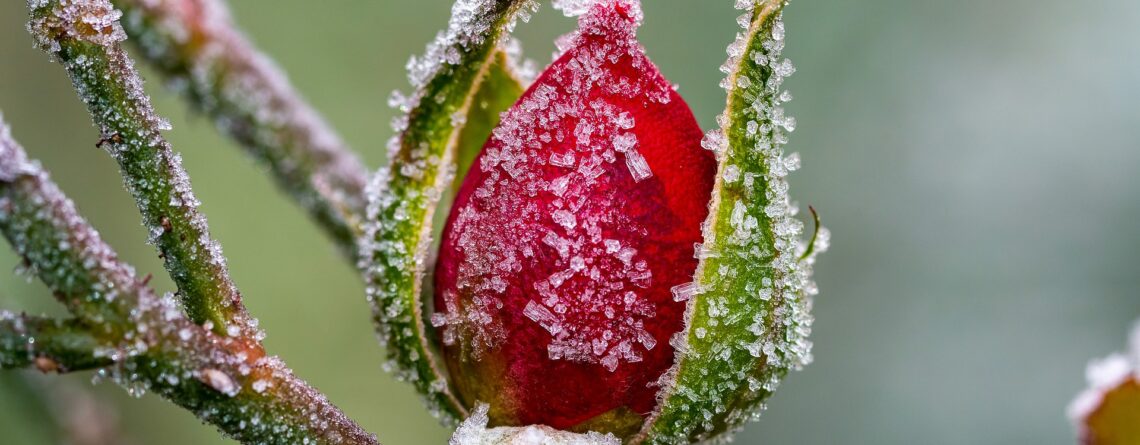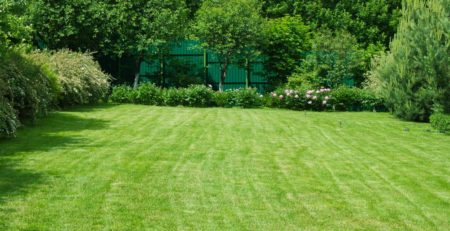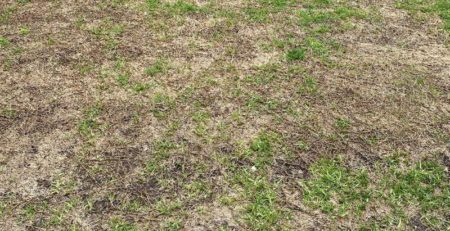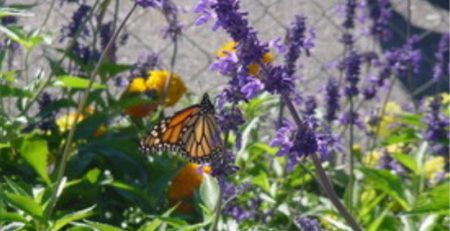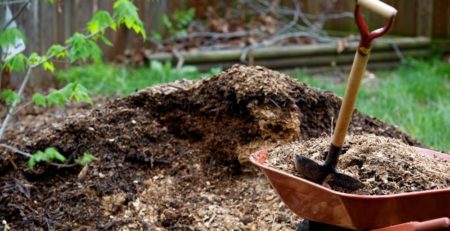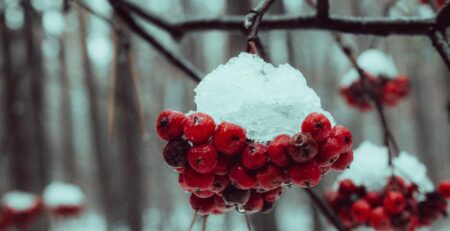Are Your Plants Cold Hardy?
Many cold-hardy plants may look dead after the frigid temperatures of January, but they very well may not be. A plant’s cold hardiness is determined by the coldest minimum temperature that a fully dormant plant can withstand. Being cold hardy does not mean that a plant will remain evergreen all winter, rather it simply means that it should survive. Many plants go dormant or die down to the ground in the winter and then return the following spring. Plants differ in their degrees of hardiness; a plant adapted to a winter in Texas is not necessarily adapted to a winter in Maine.
How do I know if my plant is considered cold hardy?
Plants that are native to our region are considered cold hardy because they have evolved to withstand the local climatic conditions. Non-native plants can also be cold hardy but you may need to do some research to determine if they are adapted to our growing conditions.
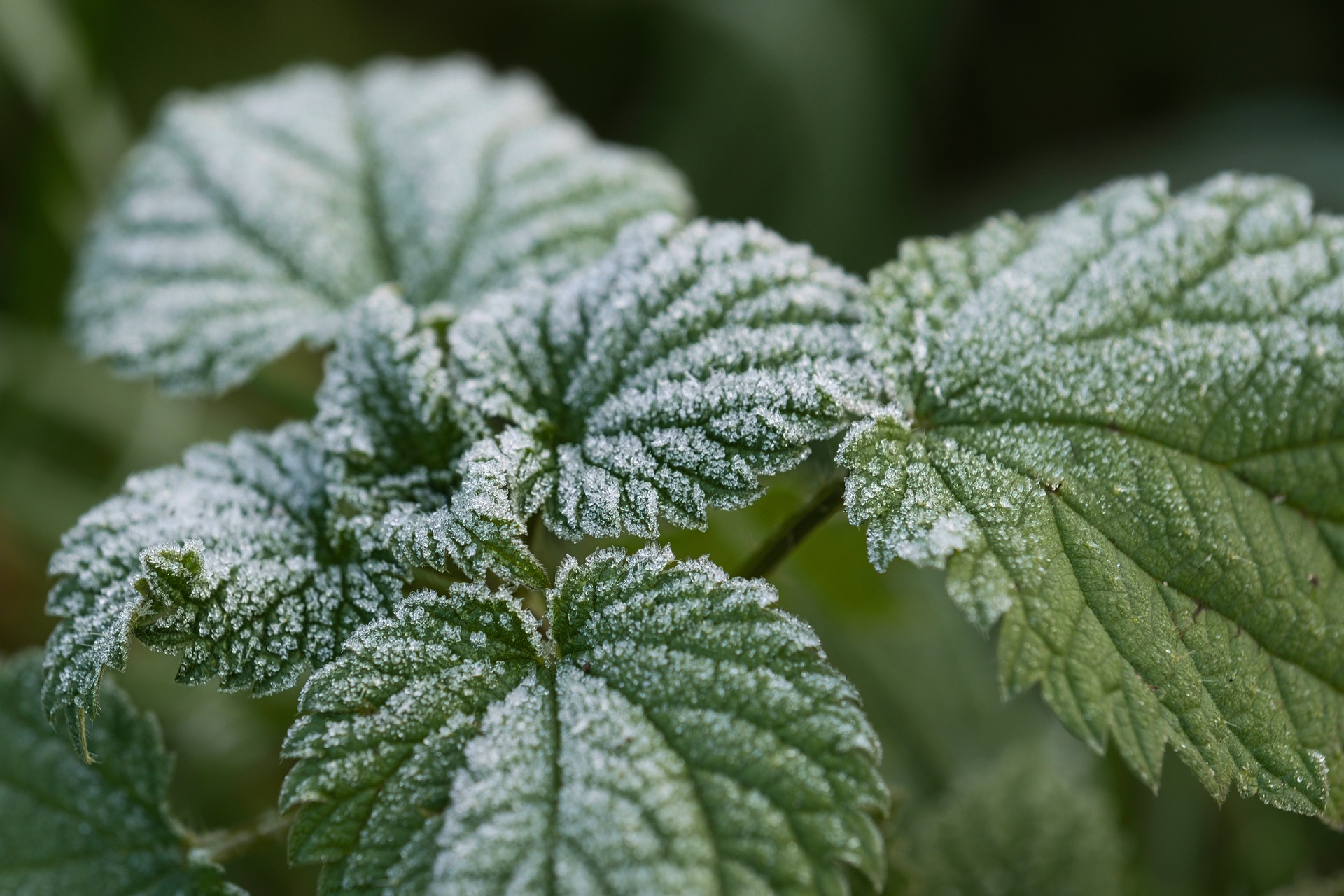
To determine if a plant will be cold hardy in your garden, you need to know what your growing zone is and what zone your plant is rated hardy to. You can consult the plant tag, speak with local nurseries or do an internet search to identify the hardiness rating of your plant, and you can turn to the USDA Hardiness Zone Map to determine your growing zone. https://planthardiness.ars.usda.gov/
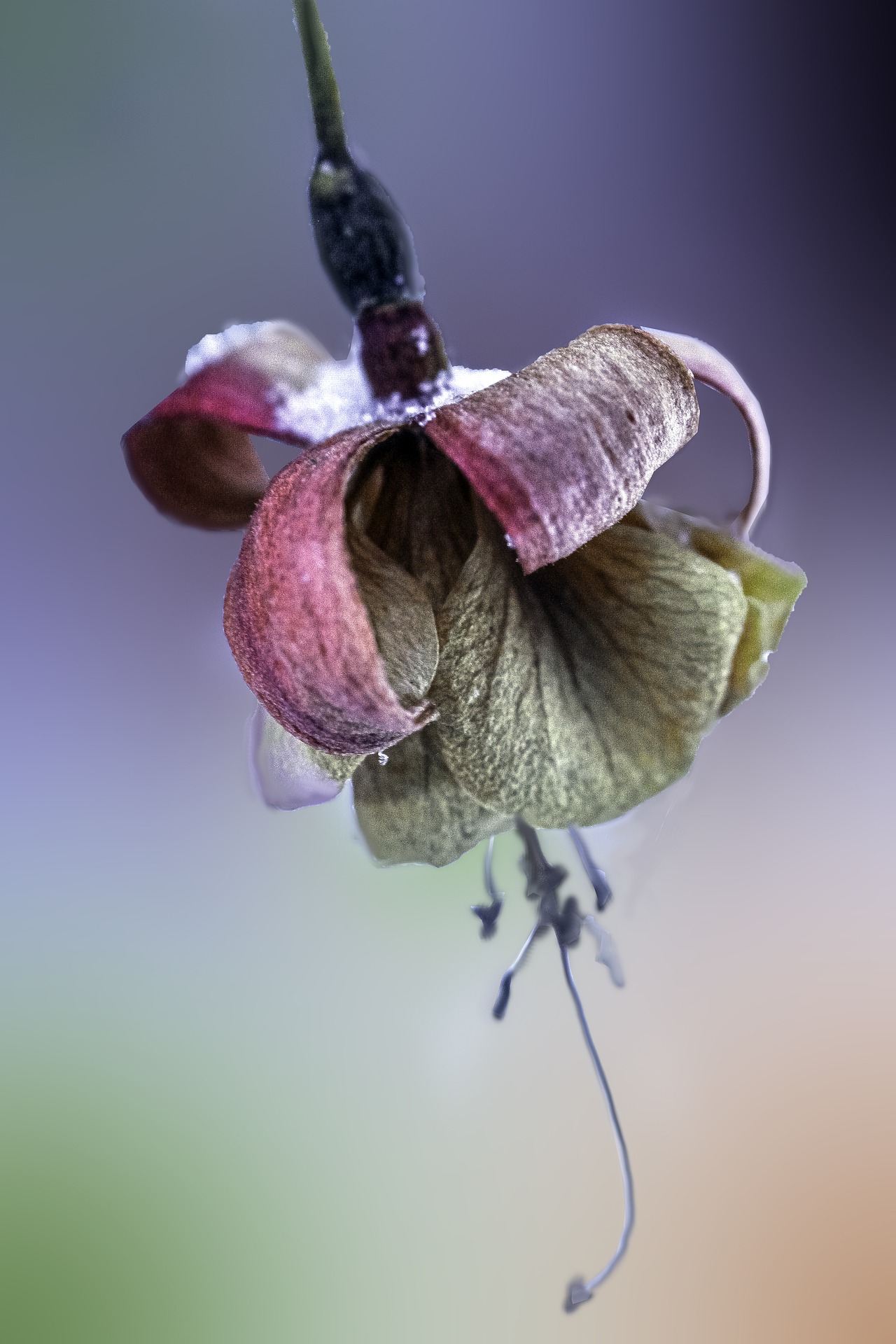
Dallas falls into USDA hardiness zone 8a, where minimum low temps average between 10° to 15°F, about the temperatures of our most recent cold snap. Native plants and plants rated to be hardy to zone 8a should survive a typical winter in our area. However, there is also a zone 8b where winter temps are a bit warmer. If you have a plant with an 8 rating that doesn’t specify which sub-zone, you may need to do a bit more research to see how cold tolerant your plant really is. Plants that are “marginally hardy” may suffer damage if temperatures dip far below the average or if low temperatures are sustained over a course of several days.
To be completely hardy, plants need time to acclimate to winter temperatures. Acclimation is triggered when days get shorter and colder. Fluctuating winter temperatures can interfere with this process. Even cold hardy plants can be damaged if we have a cold snap following closely upon a string of warm, sunny days; that’s why we often recommend covering plants at certain times even though they may be well adapted to the area
If you are not sure about the prospects of your plant, don’t prune it, continue to treat it as you would for a regular winter, and wait and see if it comes back in the spring.
For more general information about how plants survive the cold, visit:
https://extension.msstate.edu/publications/protecting-plants-cold-temperatures

